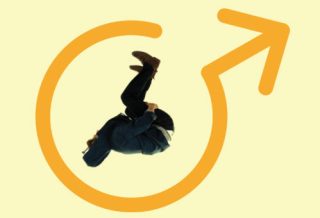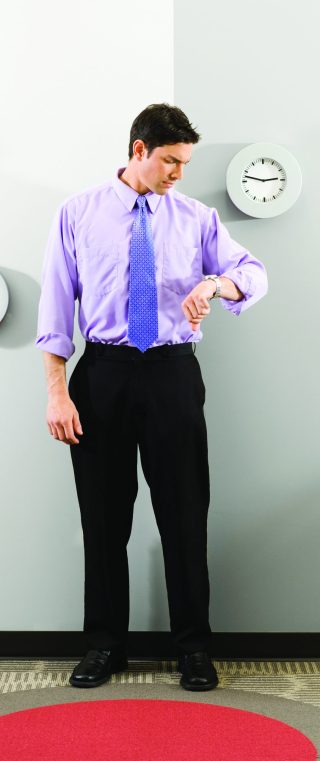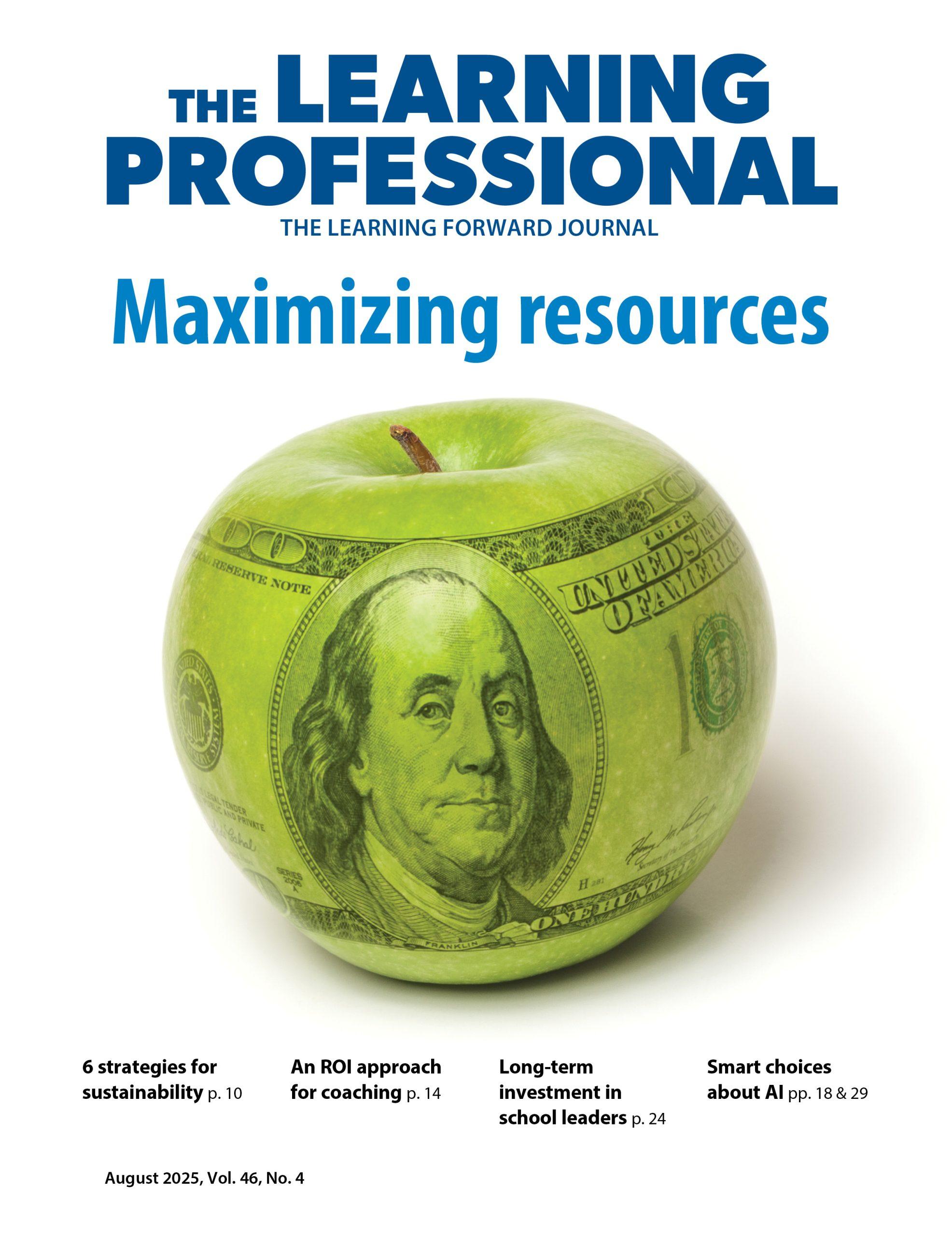FEATURE ARTICLE
3 Steps, 1 Goal
Teacher Teams Boost Math Instruction Using 3-part Learning Design
By Learning Forward
December 2012
Vol. 33 No. 6
Read the remaining content with membership access. Join or log in below to continue.
Sed ut perspiciatis unde omnis iste natus error sit voluptatem accusantium doloremque laudantium, totam rem aperiam, eaque ipsa quae ab illo inventore veritatis et quasi architecto beatae vitae dicta sunt explicabo. Nemo enim ipsam voluptatem quia voluptas sit aspernatur aut odit aut fugit, sed quia consequuntur magni dolores eos qui ratione voluptatem sequi nesciunt. Neque porro quisquam est, qui dolorem ipsum quia dolor sit amet, consectetur, adipisci velit, sed quia non numquam eius modi tempora incidunt ut labore et dolore magnam aliquam quaerat voluptatem.
References
Borko, H. (2004). Professional development and teacher learning: Mapping the terrain. Educational Researcher, 33(8), 3-15.
Cochran-Smith, M. (2004). Taking stock in 2004: Teacher education in dangerous times. Journal of Teacher Education, 55(1), 3-7.
Donegan, S. & Shantz, G. (2007). Demonstration classrooms: Best practices in action. The Register, 9(1), 24-26.
Franke, M.L., Kazemi, E., & Battey, D. (2007). Understanding teaching and classroom practice in mathematics. In F. Lester (Ed.), Second handbook of research on mathematics teaching and learning. Charlotte, NC: Information Age Publishing.
Gadanidis, G. & Hughes, J. (2011). Performing big math ideas across the grades. Teaching Children Mathematics, 17(8), 486-496.
Ginsburg-Block, M.D. & Fantuzzo, J.W. (1998). An evaluation of the relative effectiveness of NCTM standards-based interventions for low-achieving urban elementary students. Journal of Educational Psychology, 90(3), 560-569.
Heck, D.J., Banilower, I.R., Weiss, I.R., & Rosenberg, S. (2008). Studying the effects of professional development: The case of the NSF’s local systemic change through teacher enhancement initiative. Journal for Research in Mathematics Education, 39(2), 113-152.
Weiss, I.R., Pasley, J.D., Smith, P.S., Banilower, E.R., & Heck, D.J. (2003). Looking inside the classroom: A study of K-12 mathematics and science education in the United States. Chapel Hill, NC: Horizon Research.
Wiseman, A. & Fox, R. (2010). Supporting teachers’ development of cultural competence through teacher research. Action in Teacher Education, 32(4), 26-37.
Zucker, A.A., Shields, P.M., Adelman, N.E., Corcoran, T.B., & Goertz, M.E. (1998). A report on the evaluation of the National Science Foundation’s Statewide Systemic initiatives (SSI) Program. Menlo Park, CA: SRI International.
Learning Forward is the only professional association devoted exclusively to those who work in educator professional development. We help our members plan, implement, and measure high-quality professional learning so they can achieve success with their systems, schools, and students.
Recent Issues
MEASURING LEARNING
June 2025
To know if your professional learning is successful, measure educators’...
NAVIGATING NEW ROLES
April 2025
Whether you’re new to your role or supporting others who are new,...
LEARNING DESIGNS
February 2025
How we learn influences what we learn. This issue shares essential...
BUILDING BRIDGES
December 2024
Students benefit when educators bridge the continuum of professional...












